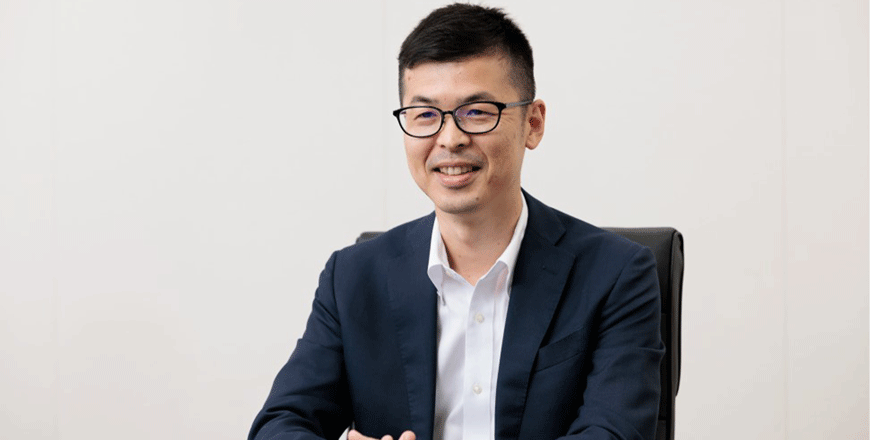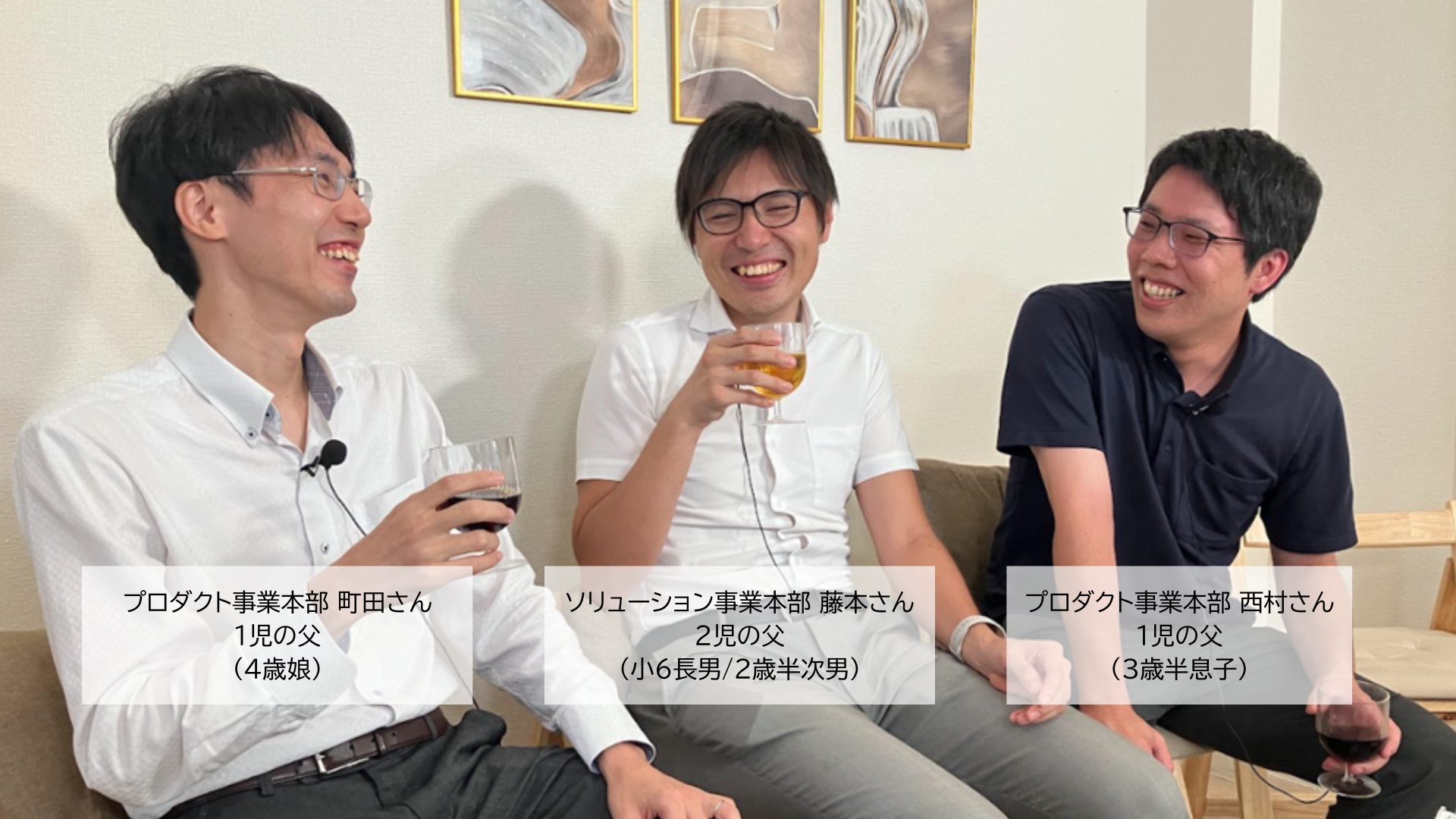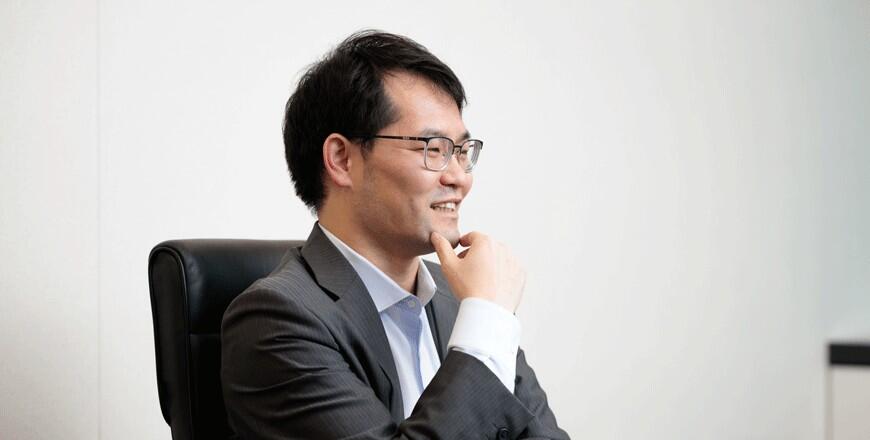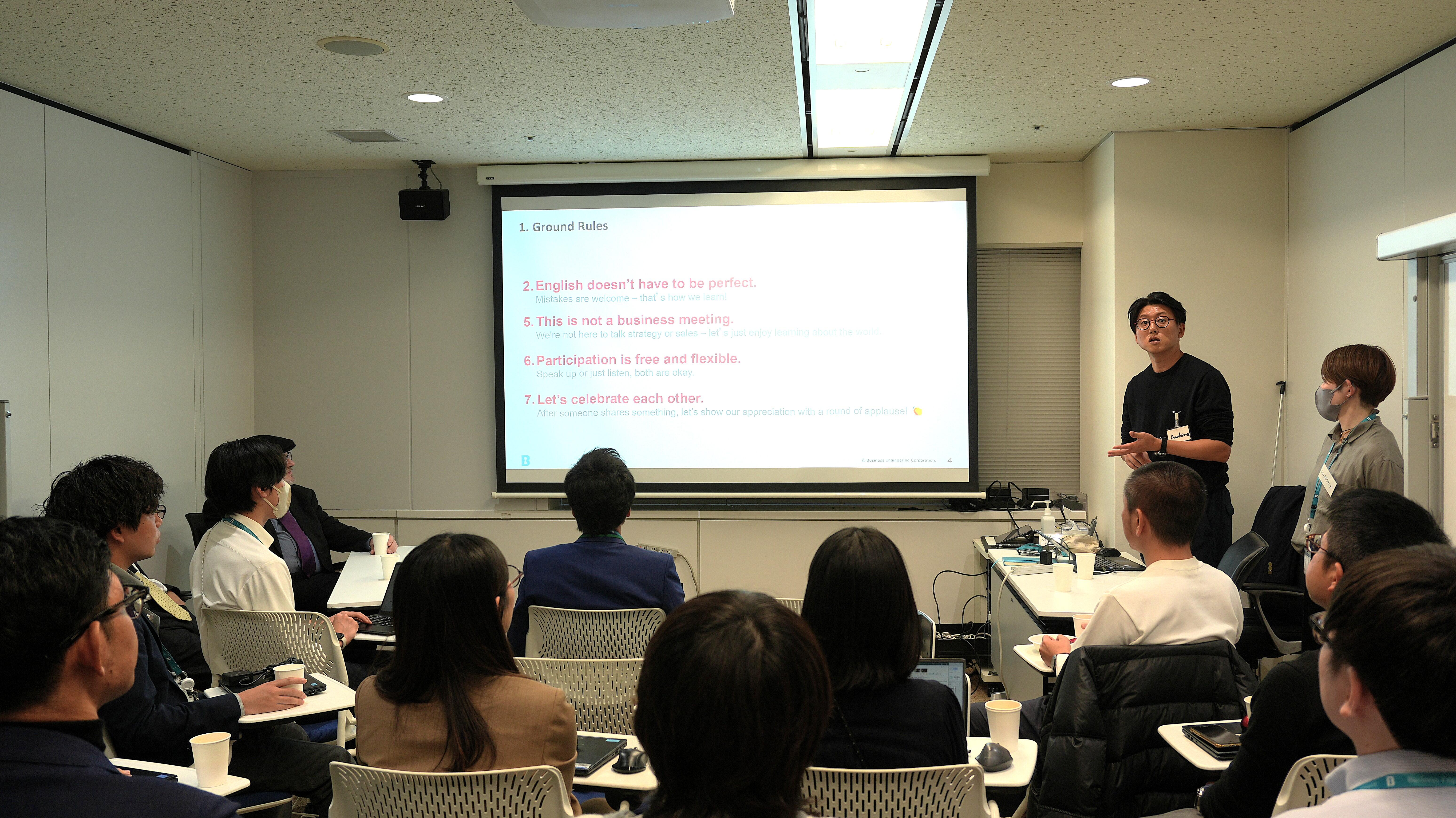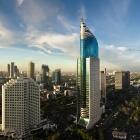Speaker: Business Engineering Corporation
Product Business Headquarters
Product Service Headquarters
System Integration Division 3
manager
Takehiro Toyohara
To solve the problems faced by companies expanding overseas
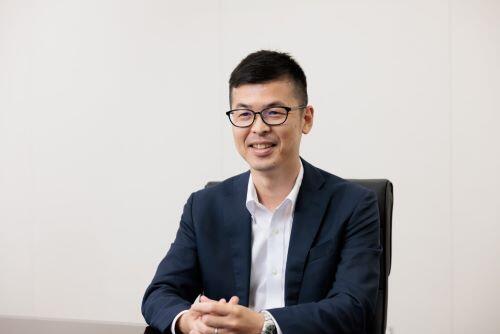
Companies that expand overseas face challenges on two fronts. One is that the Japanese headquarters cannot see the business situation of overseas local subsidiaries, making it difficult to make timely management decisions. The other is that a shortage of manpower at local subsidiaries causes delays in reporting to the headquarters. These issues can be resolved by introducing a global management infrastructure system. However, this is not an easy task, as companies must also deal with tax systems and accounting procedures that differ from country to country and region to region. Toyohara Takehiro aims to resolve these issues and support his clients' globalization using the global management infrastructure system "mcframe GA" provided by Business Engineering (B-EN-G) as a base.
Contributing.
Led numerous overseas implementation projects
B-EN-G is currently supporting system implementation projects for overseas subsidiaries under the concept of "Remokaru," a combination of the words "remote" and "local." As it has become difficult for consultants to visit the local site to provide support due to the COVID-19 pandemic, Japanese consultants and staff from B-EN-G's local subsidiaries and partner companies work together remotely, maintaining close communication with clients.
Through this remote approach, Toyohara Takehiro is the project manager who has led numerous projects. He is a Certified Public Accountant (USA, Washington State), and has built a career in IT outsourcing companies, consulting companies, and major logistics companies. He has experience as a user-side project leader involved in the renewal of the core system of an overseas subsidiary. Moreover, it was "mcframe GA" that he introduced at that time.
At the time, the company had received proposals for multiple ERP packages from numerous IT vendors. Toyohara, who was in the position to select the vendor, recalls, "I felt that the functions of mcframe GA and the content of B-EN-G's proposals (implementation methodology, support system, proposal staff, etc.) were outstanding," and adds, "I decided to move to B-EN-G because I thought that I could contribute to the implementation projects of many more customers by combining the business knowledge I had gained as a user with the global expertise I have as a US certified public accountant."
Standard functions support the unique tax system of the Philippines
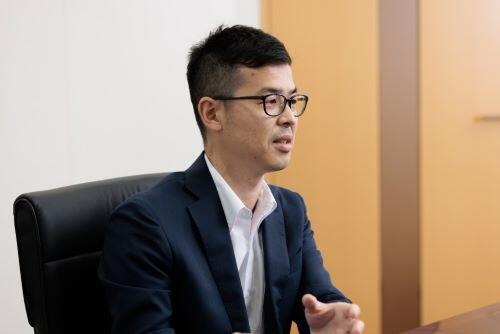
Of course, Toyohara did not start out by providing implementation support through Remocal. When he first joined B-EN-G in 2019, he went to the site to work on a project. The project involved the introduction of mcframe GA as a core system to a local manufacturing subsidiary newly established in the Philippines by a major manufacturer.
This was the manufacturer's first venture into the Philippines, and they had little knowledge of the local business environment or tax system. High hopes were placed on Toyohara's experience and leadership, but there were many challenges ahead.
Since system implementation must be completed before the factory begins operations, schedule delays are absolutely unacceptable.
"In global projects, add-on development tends to occur to comply with the laws and regulations of each country, and the Philippines was no exception, with its own unique tax systems and accounting requirements, such as the treatment of withholding tax when recording expenses. As such, we made maximum use of the standard functions of the package and focused most on minimizing add-on development, which was a schedule risk." (Toyohara) While there is a tendency to easily accept local requirements, they sought out and proposed the most advantageous method, and remained sincere with the customer until the end.
Furthermore, they went to the site from an early stage of the project, and conducted training for the customer together with B-EN-G's partner in the Philippines. "When expanding a core system overseas, the most important thing is not only the implementation itself, but also the smooth operation that follows. By putting the local partner at the forefront early on, we were able to establish an 'operational support system by the local, for the local' and take the lead towards stable operation." (Toyohara)
Remote support further improves support level
Next, Toyohara was involved in an overseas implementation project for a major building materials trading company. This was a highly challenging project in which the company introduced a sales management system based on mcframe GA to a local subsidiary that had already been established in Indonesia, while also introducing the same product to a newly established local subsidiary in Vietnam.
"At our local Indonesian subsidiary, we used Excel to manage sales, cost of sales, and gross profits, and this information was registered at the end of the month, so it was previously impossible to grasp the business situation in a timely manner. Credit management was not even systemized, and was managed only in Excel, which caused major problems with accuracy and timeliness. In addition, management materials such as tables of the age of receivables and payables (tables by receivable age/tables by payable age) were not prepared. At the same time, we had to comply with the tax systems and accounting requirements of both Indonesia and Vietnam." (Toyohara)
But that wasn't the only challenge they faced. The COVID-19 pandemic broke out almost at the same time they started the project. It became difficult to conduct face-to-face training, and there were concerns about how to get the system to take root and take root locally. Toyohara came up with the aforementioned remote support approach. However, it would be meaningless if the level of support was lower than in the past. As a preliminary step to remote support, Toyohara worked to resolve the following two business issues that had been recognized before the project began by thoroughly aligning the understanding of both the Japanese and local sides.
The first challenge was the centralized management of information from receipt to ordering, sales, and purchasing. "Trading companies have a unique business style in which they expand order information into ordering information. To meet this business requirement, we simplified system processing by utilizing the package's standard functions of order expansion ordering and direct shipping. By incorporating this operation into daily work, we were able to get a timely grasp of sales, cost of sales, and gross profit in the sales table, as well as check the gross profit for each project in real time." (Toyohara)
The second challenge was the systematization of credit management. "We have achieved detailed credit management by performing real-time credit checks from a local perspective when orders are received and when sales are recorded, issuing warnings if the credit warning amount is exceeded, and refusing to accept orders if the credit limit is exceeded. This credit status can also be checked from Japan. Accurate figures are also reflected in various management documents such as the credit limit management table in a timely manner, so local management as well as the Japanese headquarters can grasp local business performance trends in real time." (Toyohara) Toyohara also decided on a policy for dealing with local tax systems such as VAT (value-added tax) and WHT (withholding tax) at this stage.
With the above foundation in place, Toyohara moved on to building the project management and operation system for Remocal. On-site training was handled mainly by B-EN-G's local subsidiaries and partners, with instructions and guidance provided remotely from the Japanese side, and fine-tuning was made over and over again to ensure the system was fully implemented and established.
"By frequently holding remote meetings between Japan and the local area, we were able to alleviate customer concerns and achieve customer satisfaction. As a result of our efforts in providing remote support, we have achieved a level of support that exceeds what was possible before." (Toyohara)
Basic principles for project success
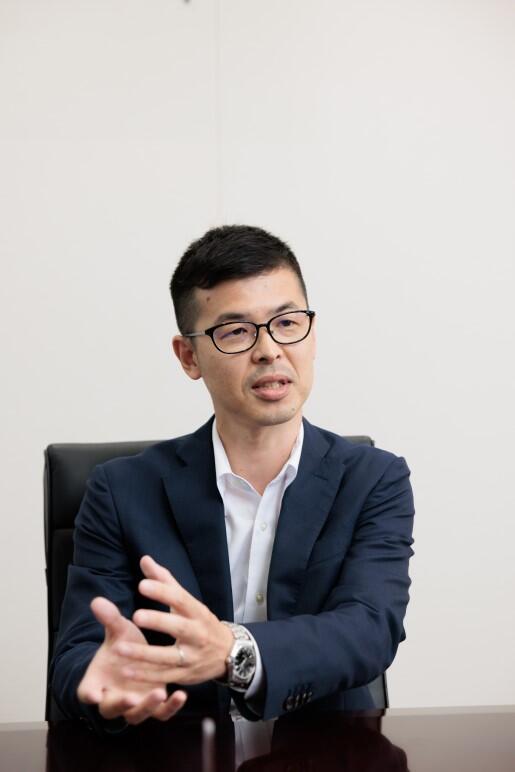
Globalization is no longer a special corporate strategy, but it is still true that many companies have concerns and issues when introducing systems to their overseas bases. This is because there is a communication barrier with the locals, who speak different languages, there is physical distance, and in many cases the specific ways of dealing with local tax systems and accounting procedures are not clear from the Japanese side. "To dispel such customer concerns, it is important to 'confirm and consider special operations that are deeply related to local tax systems and accounting systems while confirming them with the local partner' and 'the local partner explaining the considered operations,'" says Toyohara, emphasizing, "By thoroughly implementing these two measures, you can increase the trust of end users after the system goes live."
He then goes on to state his basic policy for ensuring the success of the project: First, there is the cost issue. Not many companies have an ample budget to secure when introducing a system to an overseas subsidiary. Therefore, it is important to make maximum use of the package's standard functions and proceed with proposals and requirements definitions that limit add-on development. "The basis is to adapt the local operations to the package's concepts, but by cleverly tinkering with the standard functions, it is often possible to meet local requests without developing add-ons. However, rather than trying to adapt to the standard functions at all costs, it is important to repeatedly listen to local requests and always be aware of how they can be realized using standard functions." (Toyohara)
Maintenance support after the system goes live is also important. In this regard, many companies prefer to communicate with local parties who can speak the same language. That's why, as mentioned in the projects Toyohara has been involved in, B-EN-G has taken the approach of entrusting maintenance to local subsidiaries and implementation partners of B-EN-G. "In these cases, we don't just assign local subsidiaries or partners straight away, but involve local staff from the customer training stage, so that we can move smoothly into operation and maintenance." (Toyohara) An internal process has also been established to reflect the results of these various projects in new functions for mcframe GA, and Toyohara plays a major role there as well.
"We would like to continue contributing to the sophistication of our customers' group management by making more effective use of the extensive functions of mcframe GA. The project currently underway is the introduction of an overseas system for a major logistics company, and as it is large in scale and the number of stakeholders is increasing, we will also be focusing our efforts on coordinating all of that," says Toyohara, expressing his enthusiasm, as the company aims to further expand the value that B-EN-G can provide as a long-term partner for system introduction overseas.
